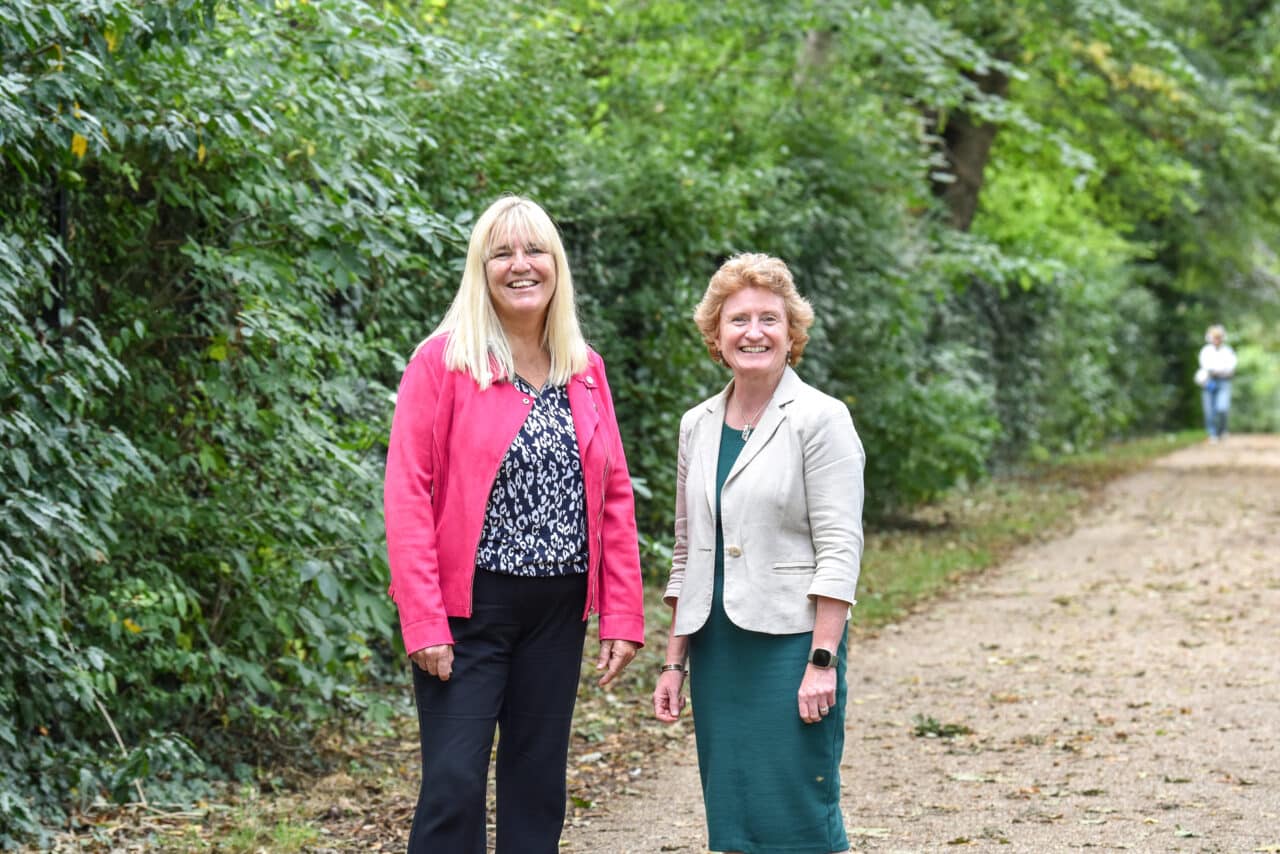Quality over quantity
Over the years, there was a trend for pupils to take as many GCSEs as possible, under the mistaken impression that this would make them stand out. The media would report on these prodigies with their strings of A*s, the higher the number the better. However, the idea that this was actually the best way for young people to distinguish themselves was in fact a fallacy. While some 16 year olds may benefit from taking 10, 11 or even 12 GCSEs, it is likely to be at a cost. That’s a lot of subjects to master, so, the chances are, you simply won’t master them. Or, if you do, something else will suffer, whether that be extra-curricular activities, health, wellbeing or simply social activities. There is a price and one I feel is not warranted for the dubious gains of registering a couple of extra numbers on a sheet.
Like all schools, our interest is always in offering the best possible route for the young people in our care and, after a great deal of thought, we have come up with a solution which works well for most: nine GCSEs accompanied by a one-year, non examination qualification. Currently, we offer three such ‘plus one’ qualifications – the Higher Project Qualification (HPQ), the School Certificate in Philosophy and the Award in Finance Education. A fourth will be added for September 2023, the Rockschool Music Production Qualification. We launched with the HPQ in 2021 and introduced the Philosophy and Finance awards in September 2022. Around half the current Year 10 elect to take one of the three courses.
What makes this any better or worse than an additional GCSE? If workload is the issue, would it not be better just to reduce the number of subjects entirely and dedicate the additional time to those? For some pupils that may indeed be the best option, however, the three courses we are currently offering provide so much more than a slot in the timetable.
I am lucky enough to be among those teaching the HPQ (my first permanent timetable slot in quite a while!) and it is an absolutely fantastic course. The ‘little sister’ to the Extended Project Qualification, it is a yearlong, pupil-led independent research qualification which culminates in a final project. This can either be a 2,000 word report or a physical product, known as an ‘artefact’ and the subject of the project is entirely down to the individual. Girls learn to research, they learn how to structure an academic piece of writing and, for the first time, they really get the opportunity to develop their own ideas and work on a sustained piece of writing. They also present their own research at our HPQ presentation evening. These are all incredibly valuable skills, providing the opportunity for girls to develop their creativity, confidence and curiosity. Each project is unique and girls have autonomy over their project. At a time when the national curriculum is at its most prescriptive, many students ultimately find this like a breath of fresh air, although it can be daunting at first. Once pupils have taken part in a skills programme, they are able to develop their own ideas into research questions, search for, select and critically read and analyse sources, present their research findings and reflect on the strengths and weaknesses of their project.
It is so inspiring seeing the girls getting to work on something they are passionate about and the finished projects are so fascinating. In our first year, we had topics as diverse as the effectivity of hydrogen fuel, the influence of technological developments on bridge design and Korean historical culture and its relationship to modern society.
While I have not had the opportunity to be in the classroom for the other courses, they are no less appealing. The School Certificate in Philosophy again offers the opportunity to write an individual essay on a topic they choose, this time 1,700 words, and are made familiar with the ideas of major philosophers such as Socrates, Plato and Aristotle. Alongside this, they spend a considerable amount of time debating philosophical issues such as the nature of free will, whether or not machines can ‘think’ and whether it is more important to be good than to be happy. These are topics which are not covered in any GCSE course but really pertain to the very biggest questions in life. And just like in the HPQ, girls also develop critical thinking skills, learning how arguments work, evaluating arguments and spotting errors in reasoning and being able to participate in discussion and engage with others in an atmosphere of mutual respect. I’m really looking forward to reading some of the final essays from this course – I am sure there will be some exciting and fresh ideas in there.
The attraction of the Award in Finance Education, in the current economic climate, should also be fairly obvious. So many young people leave home with little understanding of budgets, spending and saving, tax and basic economic concepts. Our girls are already familiar with technologies such as frictionless payment systems such as Apple Pay, post-payment systems like Klarna and peer-to-peer payment systems like Venmo. They all have benefits and costs and understanding how to navigate them will be hugely beneficial. In addition to this, issues such as identity fraud, investment scams and the power of compounding interest payments are ones which young people should be aware of. The world of finance is anything but boring and having a greater understanding of how these things impact their lives can only leave them better prepared for the future.
On a practical level, if you opt for a ‘plus one’, the course is completed in one year, leaving the second year free to focus on GCSE subjects. Not only do they have more time for their core subjects, they will also enter that second year equipped with increased critical thinking, research and writing skills. They will have had the opportunity to broaden their knowledge – to explore a passion which perhaps doesn’t relate to their other subjects or potential career path. They are, in many ways, better prepared for the rigours of the exam years and for further and higher studies.
We are keen to increase the number of one-year courses on offer. I’d love to be able to offer more practical subjects and also options which allow girls to explore their creativity. We are investigating possible options which offer the right level of rigour, challenge and versatility to really broaden girls’ experiences so do watch this space. Having offered the EPQ and our Electives programme in the Sixth Form for many years, it is fantastic to be able to offer this level of choice and independence for girls in the GCSE years.



